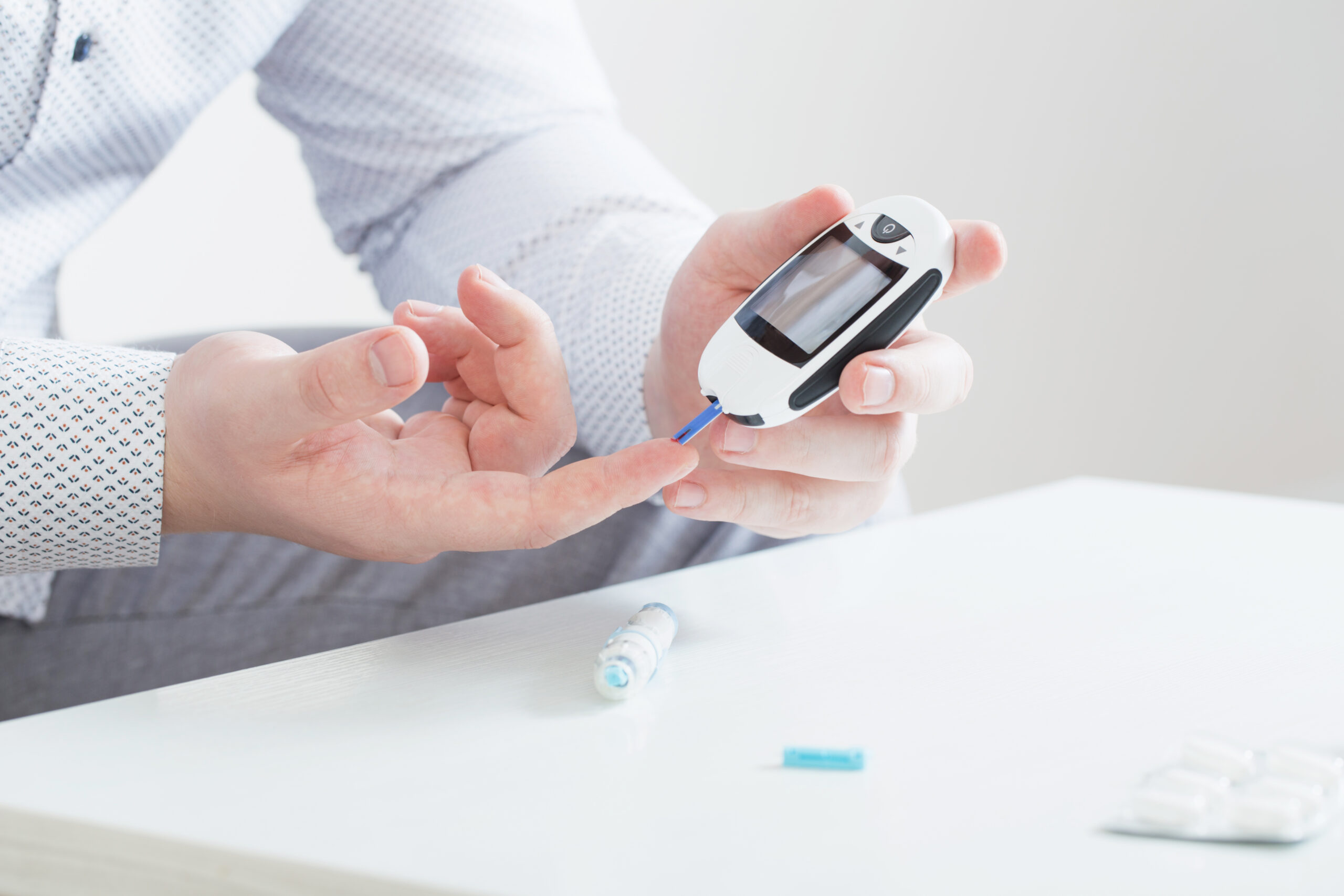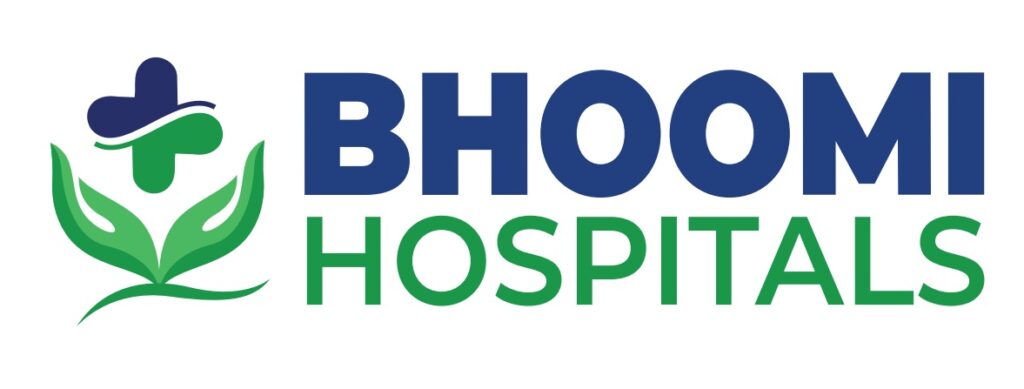
“Detecting Diabetes Early: Unmasking the Sneaky Signs”
Are you listening to what your body is trying to tell you? When it comes to diabetes, early detection is your best defense. The sooner you recognize the subtle signals your body sends, the better you can manage this potentially serious condition. In this blog, we’ll uncover the common symptoms and early warning signs of diabetes that you should never ignore.
Understanding Diabetes: A Quick Overview
Before we dive into the symptoms, let’s briefly understand what diabetes is. Diabetes is a chronic condition that affects how your body processes glucose (sugar), a vital source of energy. There are two main types: Type 1 and Type 2.
Common Symptoms of Diabetes
- Frequent Urination: If you find yourself making more trips to the bathroom than usual, especially at night, it could be a sign of diabetes. Your kidneys work harder to filter excess sugar in your blood, leading to increased urination.
- Excessive Thirst: Unquenchable thirst often accompanies frequent urination. Your body is trying to replace the fluids lost through increased urination.
- Unexplained Weight Loss: Despite eating normally or even more than usual, you might notice unexpected weight loss. This is because your body can’t use glucose for energy effectively, so it turns to muscle and fat stores for fuel.
- Fatigue: Feeling tired all the time, even after a good night’s sleep? Diabetes can disrupt your body’s energy production, leaving you feeling constantly drained.
- Blurry Vision: High blood sugar levels can affect the fluid levels in your eyes, leading to vision problems. Blurry vision is a common early sign of diabetes.
- Slow-Healing Wounds: Diabetes can impair blood circulation and the body’s ability to repair itself. This may lead to slow healing of cuts and bruises.
- Increased Hunger: Despite eating, you might still feel hungry. This is because your cells are not getting the energy they need from glucose.
Early Warning Signs
These symptoms may not necessarily indicate diabetes but can serve as early warning signs:
- Tingling or Numbness: Diabetes can damage nerves, causing tingling or numbness, especially in the hands and feet.
- Recurrent Infections: High blood sugar can weaken your immune system, making you more susceptible to infections, such as urinary tract infections and skin infections.
- Darkened Skin: A condition called acanthosis nigricans can cause dark, velvety patches of skin, typically on the neck, armpits, or groin.
Conclusion
Recognizing the common symptoms and early warning signs of diabetes is the first step in managing your health effectively. If you or someone you know experiences any of these signs, don’t hesitate to consult a healthcare professional for proper evaluation and diagnosis. Diabetes is manageable, and early intervention can make a significant difference in your quality of life. Stay vigilant, and prioritize your well-being!



